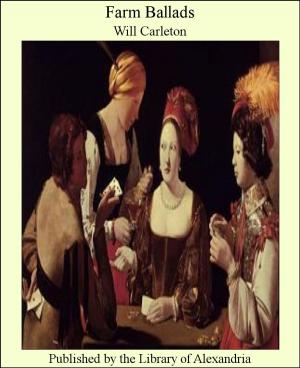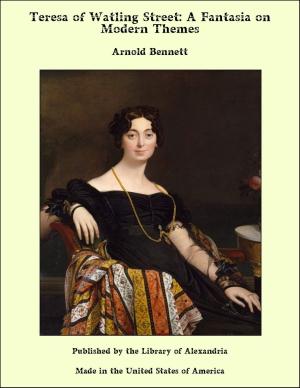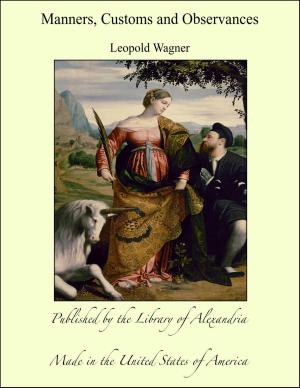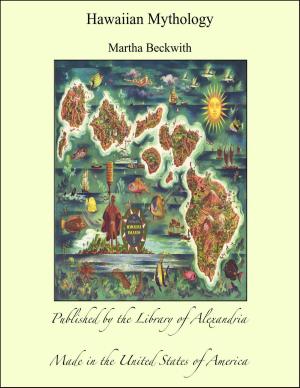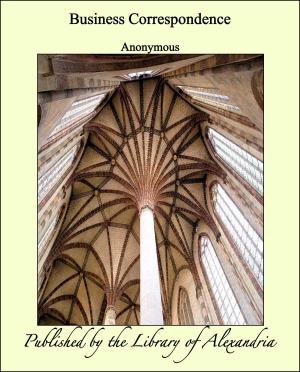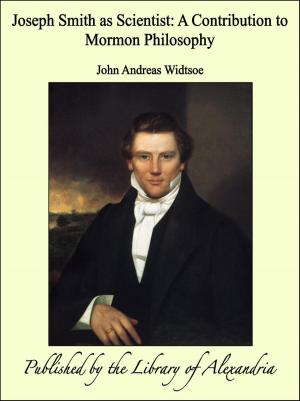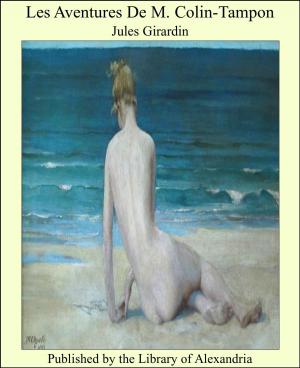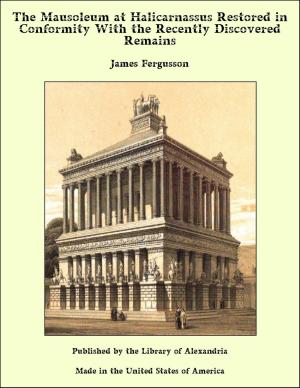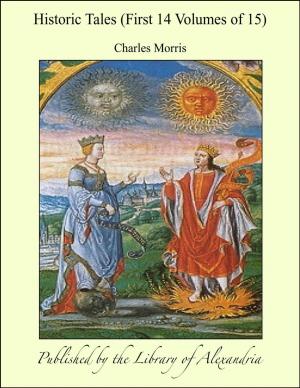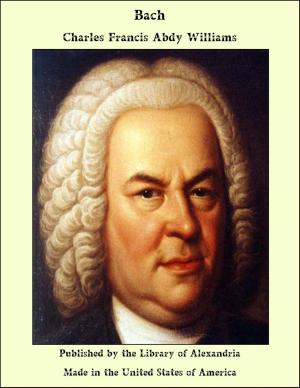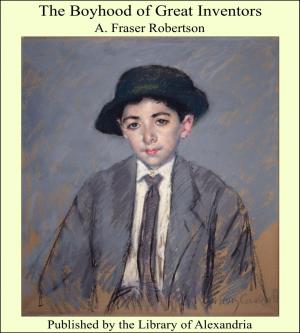The Two Tests: The Supernatural Claims of Christianity Tried by Two of Its Own Rules
Nonfiction, Religion & Spirituality, New Age, History, Fiction & Literature| Author: | Lionel Lisle | ISBN: | 9781465518880 |
| Publisher: | Library of Alexandria | Publication: | March 8, 2015 |
| Imprint: | Language: | English |
| Author: | Lionel Lisle |
| ISBN: | 9781465518880 |
| Publisher: | Library of Alexandria |
| Publication: | March 8, 2015 |
| Imprint: | |
| Language: | English |
The following treatise was not originally written for publication; but as it faithfully represents the process by which the minds of some, brought up in reverence and affection for the Christian faith, were relieved from the vague state of doubt that resulted on their cherished beliefs being overthrown or shaken by the course of modern thought, it has been suggested that it may, perhaps, be useful to Others in the same position. Although their hold on the reason and intellect may have been lost or weakened, still the supernatural authority, the hopes, and the terrors of the gospel continue to cling to the heart and conscience, until they are effectually dislodged by considerations of mightier mastery over the heart and conscience. 'The strong man armed keepeth his palace' until the stronger appears. Then the whole faculties, mental and moral, are set free, and brought into accord in the cause of Truth.—Preface to the First Issue. Some of the principles of inquiry into the truth or falsehood of the Christian evidences laid down by the ablest divines of the last generation are wholly admirable in themselves, viewed apart from the application of them by these divines. Dr. Chalmers, for instance, whose single-mindedness in devotion to truth and right was on a level with his mighty intellect and strong and clear perceptions, held: "There is a class of men who may feel disposed to overrate its evidences, because they are anxious to give every support and stability to a system which they conceive to be most intimately connected with the dearest hopes and wishes of humanity; because their imagination is carried away by the sublimity of its doctrines, or their heart engaged by that amiable morality which is so much calculated to improve and adorn the face of society. Now, we are ready to admit, that as the object of the inquiry is not the character but the truth of Christianity, the philosopher should be careful to protect his mind from the delusion of its charms. He should separate the exercises of the understanding from the tendencies of the fancy or of the heart. He should be prepared to follow the light of evidence, though it may lead him to conclusions the most painful and melancholy. He should train his mind to all the hardihood of abstract and unfeeling intelligence. He should give up everything to the supremacy of argument, and be able to renounce, without a sigh, all the tenderest prepossessions of infancy, the moment that truth demands of him the sacrifice."
The following treatise was not originally written for publication; but as it faithfully represents the process by which the minds of some, brought up in reverence and affection for the Christian faith, were relieved from the vague state of doubt that resulted on their cherished beliefs being overthrown or shaken by the course of modern thought, it has been suggested that it may, perhaps, be useful to Others in the same position. Although their hold on the reason and intellect may have been lost or weakened, still the supernatural authority, the hopes, and the terrors of the gospel continue to cling to the heart and conscience, until they are effectually dislodged by considerations of mightier mastery over the heart and conscience. 'The strong man armed keepeth his palace' until the stronger appears. Then the whole faculties, mental and moral, are set free, and brought into accord in the cause of Truth.—Preface to the First Issue. Some of the principles of inquiry into the truth or falsehood of the Christian evidences laid down by the ablest divines of the last generation are wholly admirable in themselves, viewed apart from the application of them by these divines. Dr. Chalmers, for instance, whose single-mindedness in devotion to truth and right was on a level with his mighty intellect and strong and clear perceptions, held: "There is a class of men who may feel disposed to overrate its evidences, because they are anxious to give every support and stability to a system which they conceive to be most intimately connected with the dearest hopes and wishes of humanity; because their imagination is carried away by the sublimity of its doctrines, or their heart engaged by that amiable morality which is so much calculated to improve and adorn the face of society. Now, we are ready to admit, that as the object of the inquiry is not the character but the truth of Christianity, the philosopher should be careful to protect his mind from the delusion of its charms. He should separate the exercises of the understanding from the tendencies of the fancy or of the heart. He should be prepared to follow the light of evidence, though it may lead him to conclusions the most painful and melancholy. He should train his mind to all the hardihood of abstract and unfeeling intelligence. He should give up everything to the supremacy of argument, and be able to renounce, without a sigh, all the tenderest prepossessions of infancy, the moment that truth demands of him the sacrifice."


